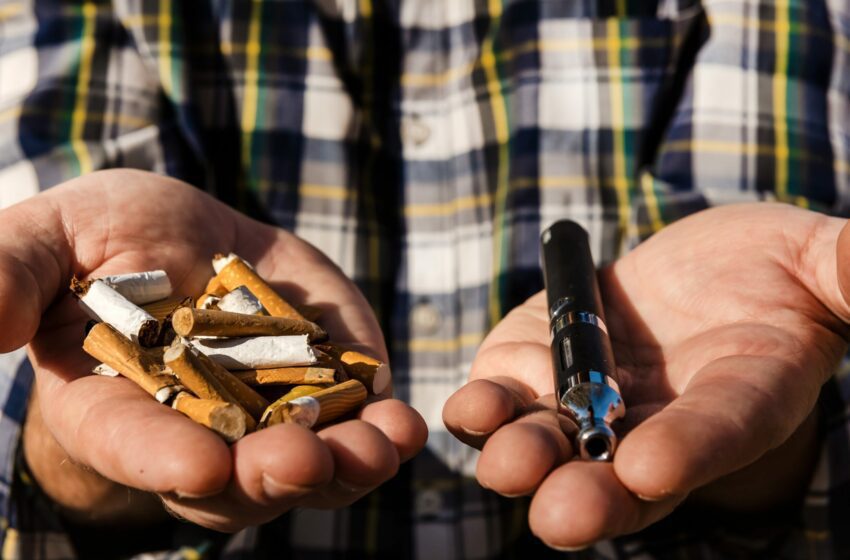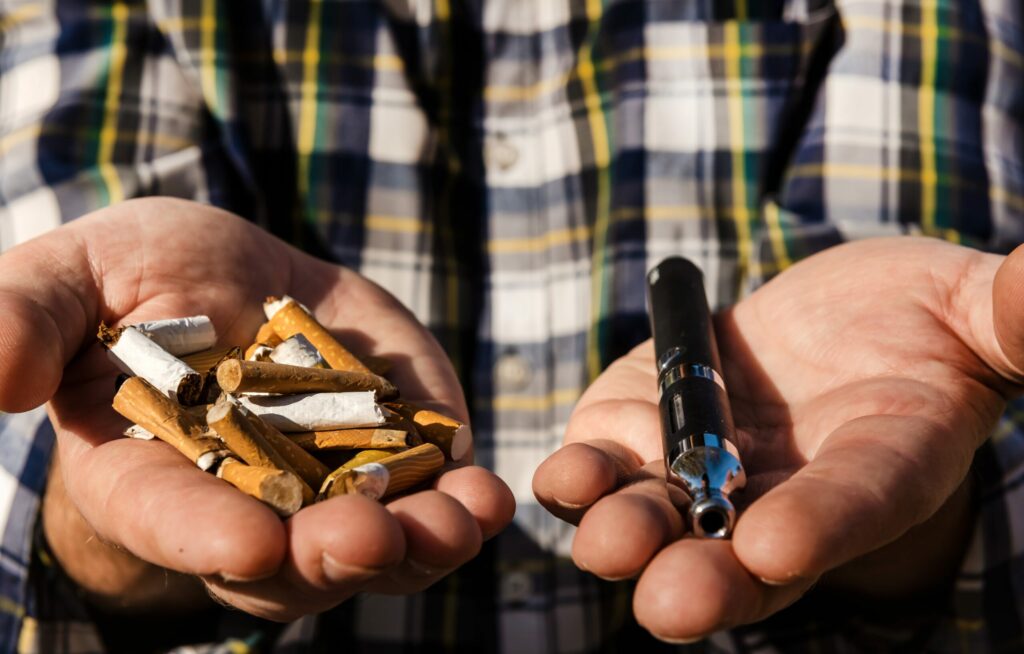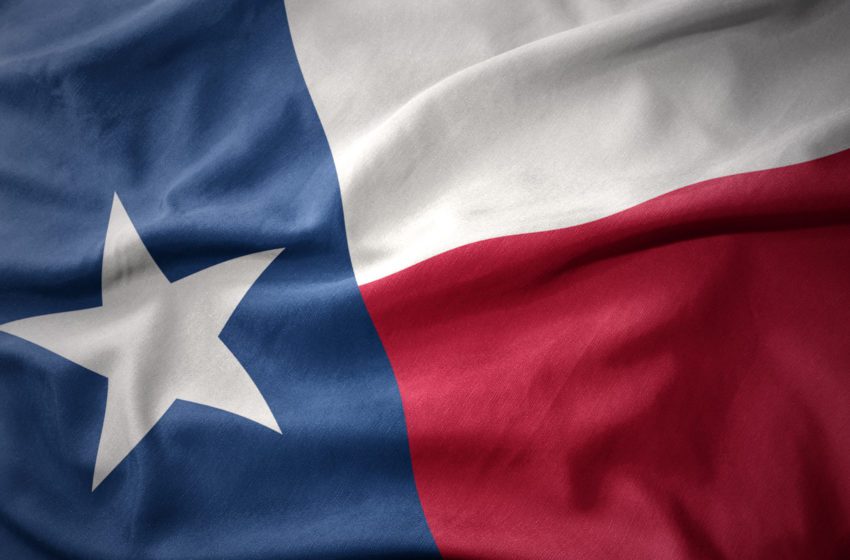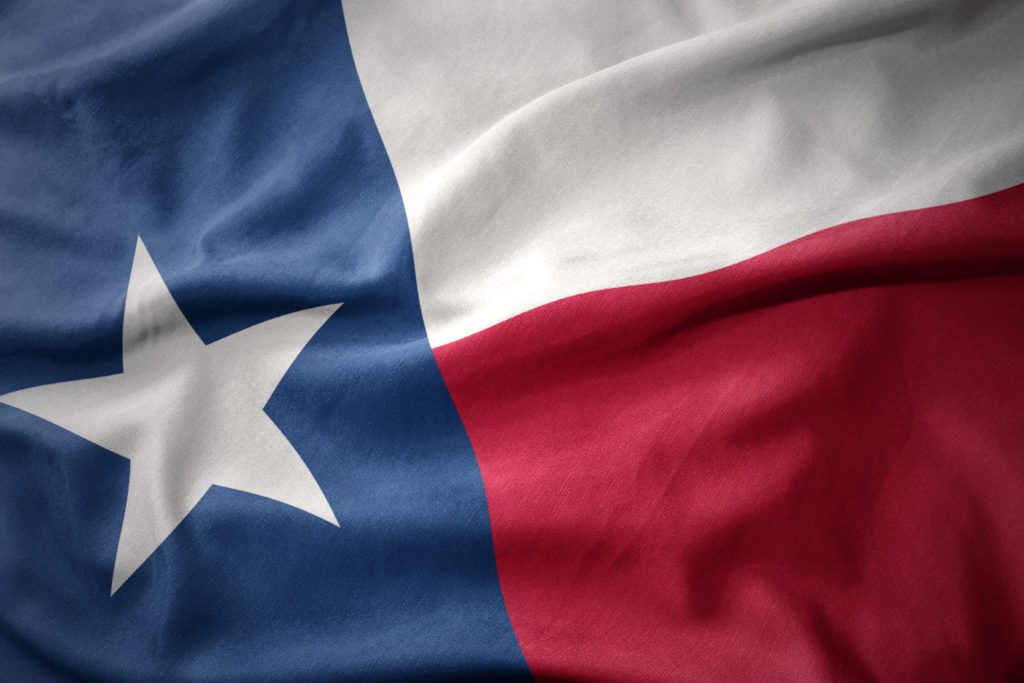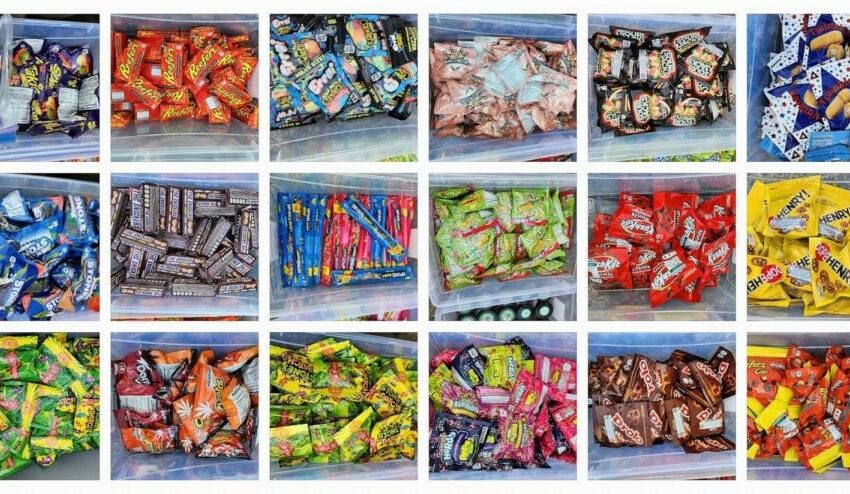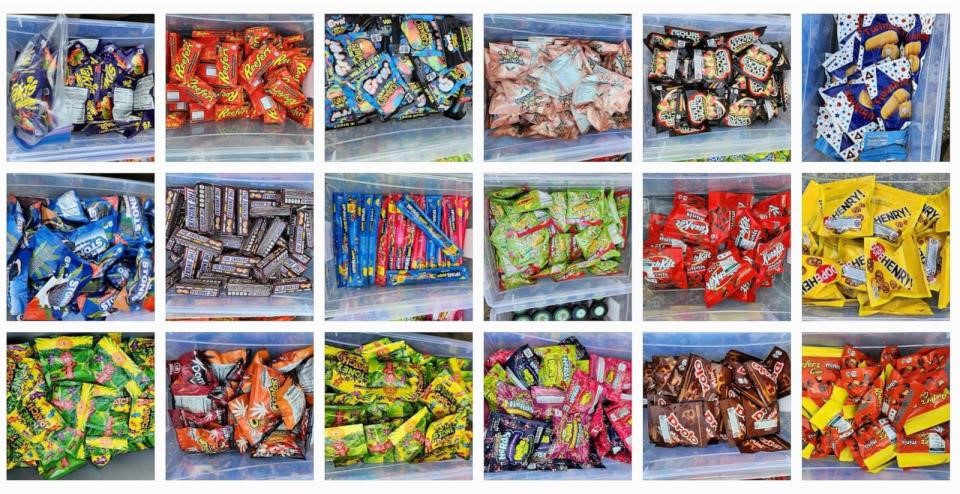
A jury trial commenced last week for a lawsuit filed by the State of Alaska against Juul Labs, Inc. and Altria Group, Inc. The state alleges that these companies played a significant role in the rising use of e-cigarettes among young people.
In a press release dated November 24, 2020, former acting Attorney General Ed Sniffen stated that the state alleges Juul Labs employed marketing strategies similar to those used by large tobacco companies but updated for the digital age. This included youth-oriented social media campaigns and the use of paid influencers.
The suit further alleges that Altria then conspired with Juul Labs to maintain and expand the youth e-cigarette market JUUL had created, working to cover up Juul Labs’ youth marketing just as major tobacco companies tried to cover up their own youth-targeted marketing in the past, according to media reports.
“According to the 2019 Alaska Youth Risk Behavior Survey, 45.8% of Alaska high school students have tried e-cigarettes, with 26.1% reporting e-cigarette use,” the press release states. “This is a significant increase from 2017, when 15.7% of Alaska high school students reported using e-cigarettes. Alaska’s Complaint alleges that this dramatic rise is a direct result of the marketing strategies used by JUUL and Altria to target teenagers and youth.”
The state’s complaint alleges Juul Labs and Altria violated the law in four ways:
- Creating a public nuisance under Alaska law;
- Violating Alaska’s Unfair Trade Practices and Consumer Protection Act in marketing and promoting e-cigarettes to youth;
- Negligently developing, marketing, and selling JUUL vaping products;
- Conspiring to maintain and grow a market based on sales to youth.
The lawsuit is seeking damages to fund public health efforts to address youth vaping as well as an abatement of what the state is calling a “public nuisance.”
Alaska is far from the only state to file a suit against the e-cigarette giants; in 2021, Juul Labs agreed to pay $40 million to North Carolina in the first state lawsuit settlement.


